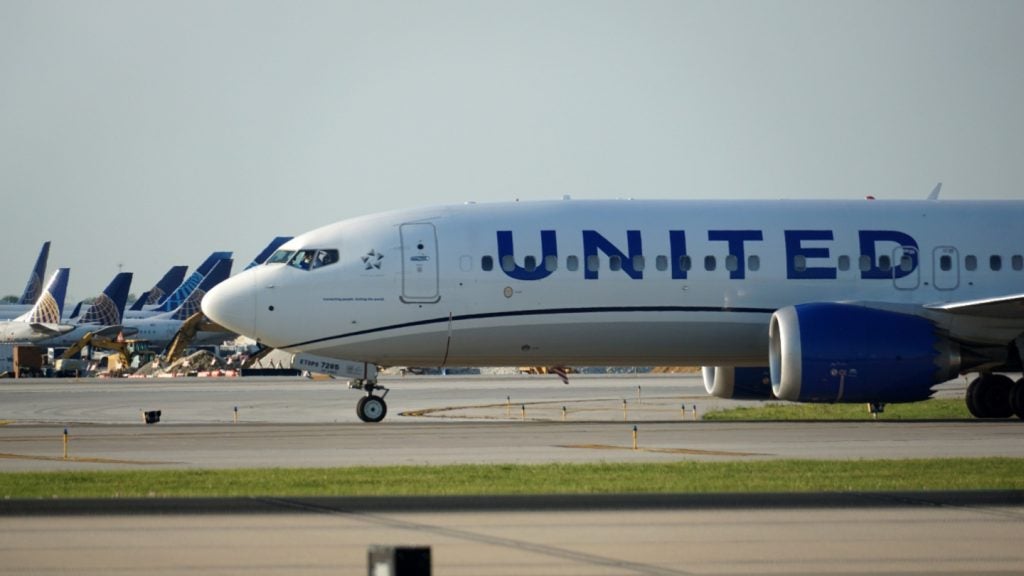
A report released by C4ADS has revealed that wildlife trafficking in air transport occurs in all parts of the world, adding additional locations each year.
The report, titled Runway to Extinction: Wildlife Trafficking in the Air Transport Sector, was released by C4ADS under the USAID Reducing Opportunities for Unlawful Transport of Endangered Species (ROUTES) Partnership.
It outlines the operations of the traffickers in the populated parts of the world and states that they also use similar methods for trafficking other illicit goods.
C4ADS programme director and report author Mary Utermohlen said: “This report highlights the widespread, pervasive nature of wildlife trafficking by air, with each major world region impacted. Our analysis shows that traffickers of all types exploit the same vulnerabilities within airports, often using the same trafficking methods to circumvent law enforcement and airport authorities.
“Furthermore, seizure data shows that many wildlife trafficking networks rely on the same smuggling methods over time, suggesting that a thorough understanding of airport-specific or country-specific trafficking patterns could be instrumental in reducing the air transport system’s vulnerability to trafficking.”
Illegal wildlife trade leads to many issues, including extinction of endangered species, threatening local livelihoods, and undermining of regional and global security.
How well do you really know your competitors?
Access the most comprehensive Company Profiles on the market, powered by GlobalData. Save hours of research. Gain competitive edge.

Thank you!
Your download email will arrive shortly
Not ready to buy yet? Download a free sample
We are confident about the unique quality of our Company Profiles. However, we want you to make the most beneficial decision for your business, so we offer a free sample that you can download by submitting the below form
By GlobalDataIt also contributes to the spread of different zoonotic diseases.
The US Centers for Disease Control states that three in every four new or emerging infectious diseases come from animals.
Most of the animals that are seized, such as live birds, live reptiles and mammals, are said to be carriers of zoonotic diseases. These animals are reported to end up in illegal or unregulated markets.
This illegal trade of animals impacts around 7,000 species of flora and fauna and is reported to the fourth biggest black market in the world.





